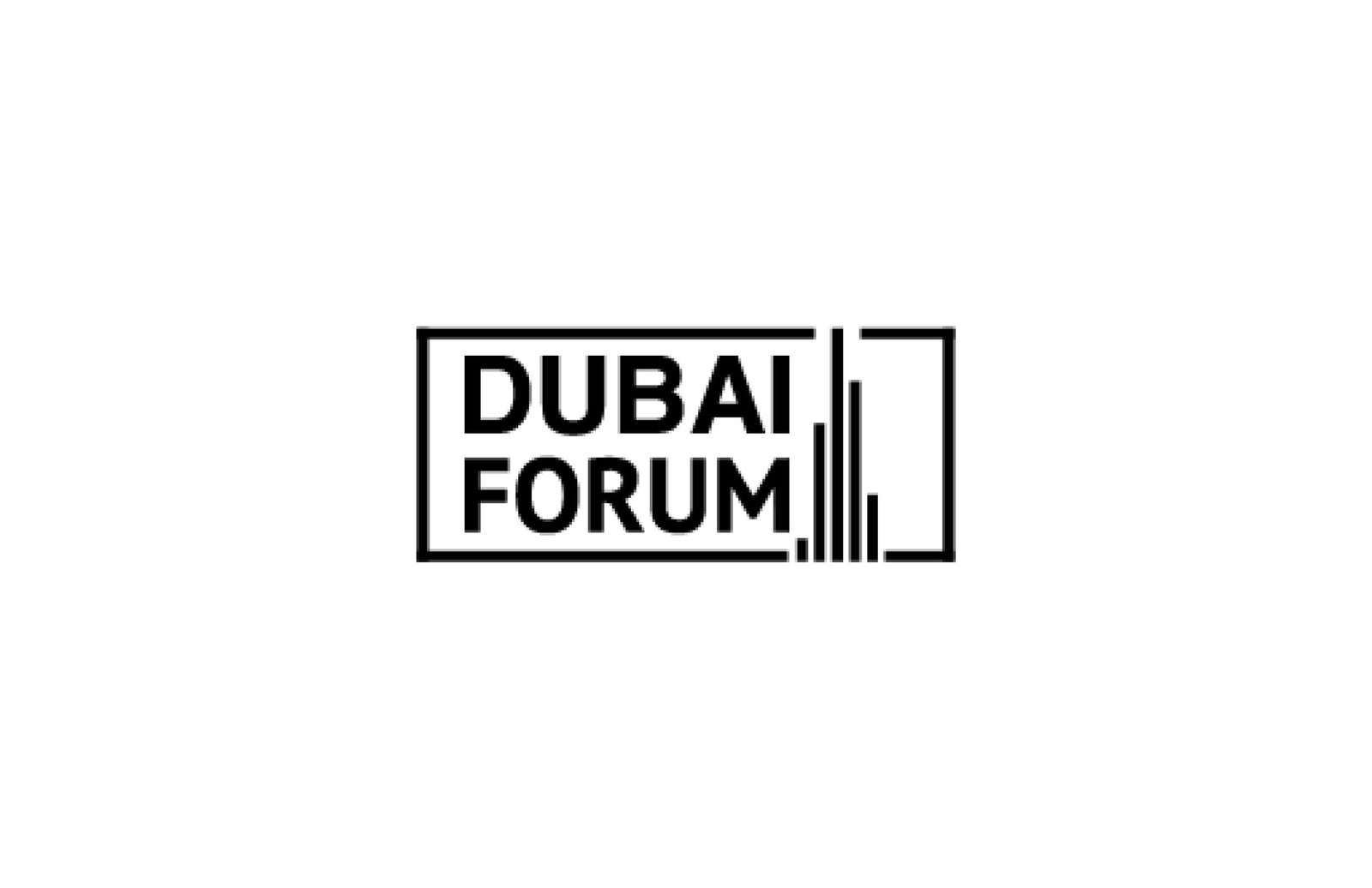Title: The Surge of Real Estate Development in the Gulf Region: A Transformative Era
In recent years, the Gulf Cooperation Council (GCC) countries have entered a remarkable phase of real estate development, significantly reshaping the urban landscape and economic prospects of the region. Fueled by rising economic diversification efforts, attractive investment incentives, and a growing expatriate population, the momentum established over the past decade is an intriguing subject for investors, policymakers, and residents alike.
The Gulf region, which includes nations such as Saudi Arabia, the United Arab Emirates (UAE), Qatar, Kuwait, Oman, and Bahrain, has traditionally been synonymous with oil wealth. However, as global oil prices become increasingly volatile, GCC governments are keenly aware of the necessity to diversify their economies and enhance non-oil revenue streams. Real estate development has emerged as a focal point of this diversification strategy, interpreted not only as a response to local housing demands but as a catalyst for broader economic growth.
The Changing Face of Urban Development
With ambitious urban planning initiatives like Saudi Arabia’s Vision 2030 and the UAE’s various city projects, the architecture of these nations is undergoing a transformative overhaul. Mega-projects, such as the futuristic NEOM city in Saudi Arabia and the fully secluded Masdar City in Abu Dhabi, illustrate the breathtaking vision regional authorities have for urban living. NEOM, in particular, is a 0 billion mega-city designed to incorporate smart technologies and offer a new model for sustainable living.
In Qatar, the capital city of Doha is witnessing an influx of real estate investments in preparation for the FIFA World Cup, enhancing infrastructure and hospitality sectors that are vital to tourism and cultural engagement. With the construction of hotels, sporting venues, and leisure facilities, Doha is positioned to become a world-class destination for tourists and expatriates alike.
Moreover, the burgeoning developments across Dubai’s skyline, punctuated with the world’s tallest building, the Burj Khalifa, and a myriad of luxury shopping malls, underscore the sheer ambition of the UAE to create a lifestyle-oriented economy. The government continually introduces incentives for foreign investors and expatriates, such as long-term residency visas and tax-free zones, fostering a favorable environment for investment.
The Role of Expatriates
The real estate market’s vitality in the GCC is inextricably linked to its significant expatriate population. With expatriates constituting a majority of the urban labor force in many cities, the demand for housing continues to rise. This demographic shift leads to vibrant communities that contribute to economic diversification while also necessitating adaptive housing solutions.
Some developers are now focusing on creating mixed-use spaces that combine residential, commercial, and recreational amenities, catering to a more holistic living experience. Such developments appeal not only to expats seeking quality housing but also to a young, dynamic local workforce keen on modern, urban lifestyles.
Sustainability and Economic Resilience
As the GCC nations race towards modernization, there is an increasing emphasis on sustainable practices in real estate development. Various projects now prioritize green building techniques, energy efficiency, and conservation methods, aligning with global trends for responsible development. For instance, in alignment with the goals of the Paris Agreement, Qatar has set forth sustainability standards for construction designs, embracing materials and practices that minimize environmental impact.
Additionally, many Gulf nations seek to build resilience against economic fluctuations. The emphasis on developing quality housing units and infrastructure can create jobs, stimulate local businesses, and strengthen social networks, ultimately leading to greater stability within these dynamic economies. The integration of smart city technologies appears to be a core strategy for long-term resilience, where data-driven insights guide urban management.
Conclusion
The extensive real estate developments sweeping across the GCC signify not only a reimagining of urban spaces but also a profound shift in the economic landscapes of these nations. As they seek to diversify away from oil dependence, countries such as Saudi Arabia, the UAE, and Qatar are constructing urban environments that reflect modernity and sustainability while catering to a growing expatriate base. This evolution presents a unique challenge and opportunity, redefining not just how cities are designed but how economies can thrive in an increasingly interconnected world.
As these developments continue to proliferate, stakeholders from various sectors must pay close attention to how these urban landscapes develop in tandem with socio-economic transformations, ensuring that the future of real estate in the Gulf promotes inclusivity, sustainability, and resilience.
Tags: #RealEstateNews #EconomyNews #GulfRegion #Bahrain #Saudi #UAE

